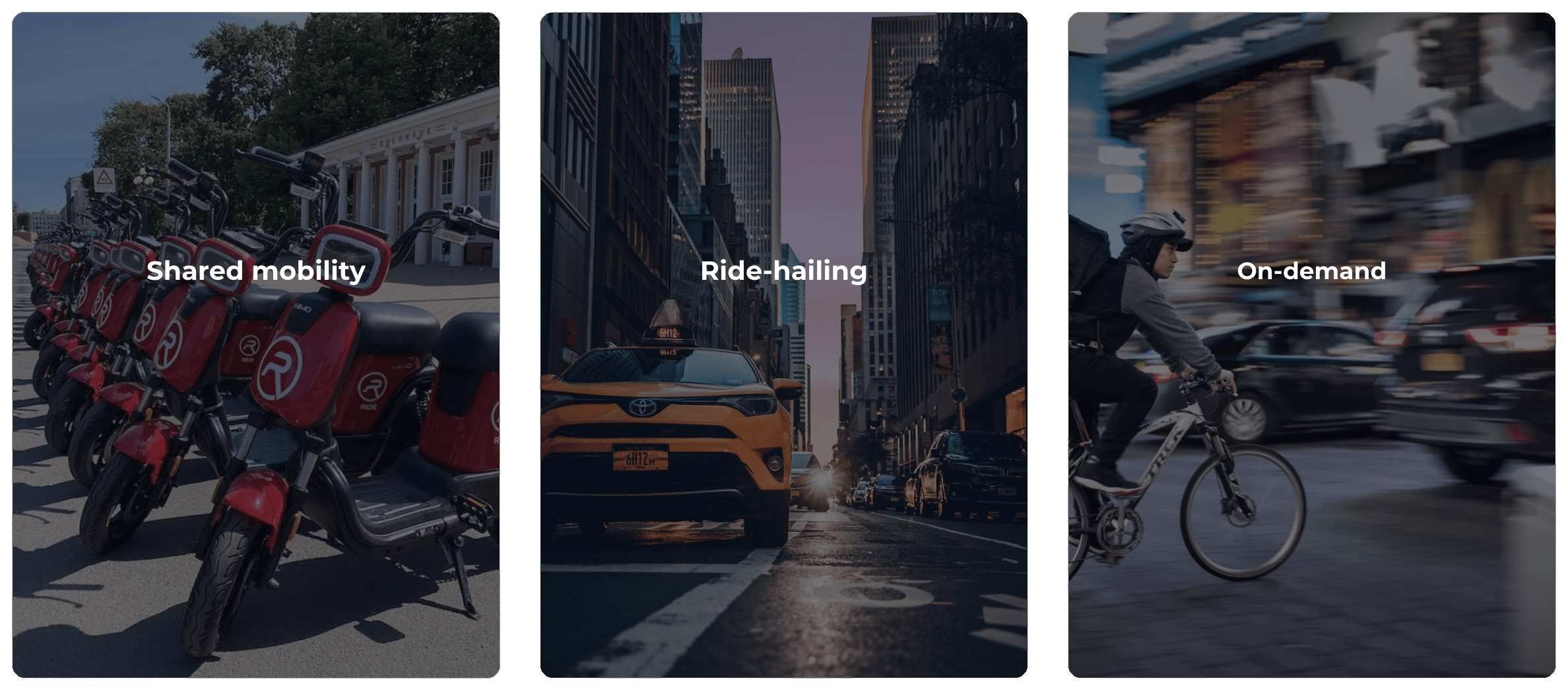
For the majority of us living in major metropolitan areas, shared mobility, ride-hailing, and on-demand services anchored by one mobility service or another have become so ubiquitous, that we barely give them a second thought. That is, until, you may find yourself confronted with the dreaded, “You are outside of our service area,” message.
But for as commonplace as we may perceive them, as of Q1 2022, “Just 52% of cities in Europe have shared e-scooters”. And this is to say nothing of the aforementioned ride-hailing and/or on-demand services.
While some might shrug and think, “That’s just the way it goes,” to the entrepreneur who sees an opportunity but has also looked into the seemingly technical wizardry it requires to execute a mobility business, Riga-based ATOM Mobility would like to talk to you.
ATOM Mobility in itself is a platform that provides would-be CEOs with a full suite of tools to get their own sharing business up and running in as little as 20 days. And we’re not talking just e-scooters and/or e-bikes, but all three key verticals: shared mobility, ride-hailing, and on-demand delivery services.
But hold on a second, aren’t we hearing on a daily basis of the demise of on-demand delivery services, and local governments clamping down on shared mobility services?
“On-demand industry demand is continuously growing, people use services. Companies who think that on-demand industry businesses are scalable are taking a hit. On-demand has slim margins built in that do not support a lot of overhead in the office. So, companies that are VC funded, act on growing at all costs, and they will not reach profitability. Companies that operate locally, with limited overhead, and tight operations, are profitable,” explained ATOM Mobility’s partnerships and project Manager, Jürgen Sahtel. “We have operators that operate with 5,000 scooters in 42 cities (ZEUS scooters), or thousands of scooters in nine cities in Sweden (Qickscooters) that are operating in a sustainable and profitable way.
Regulations are tightening – yes, absolutely. But this is a good thing, regulations must be tightened to provide safety and order to the community. Our software helps operators to comply with all the local regulations (now, and in the future).”
So if the demand is present, and a proven business model exists, it would appear that the only thing left to do is to do the work, right? Well, about that skillset gap.
To help give those who know their market best, local entrepreneurs, the skills they need to get going, ATOM Mobility has launched ATOM Mobility Hub, a venture-building accelerator.
Commencing this October, over the course of 9 weeks, 15 selected teams will gain access to ATOM Mobility’s shared mobility academy, receive the tutelage of 11 industry-leading mentors including Dr. Johanna Braun from EIT Urban Mobility Innovation, Funderbeam’s managing director Oli Harris, and ACTON’s chief commercial officer Andre Champagne, and receive help building a robust business model and launching their new venture.
If that weren’t enough, a prize pool worth up to €30,000 in technology and business services from names including Adyen, Knot, Movmi, and naturally ATOM Mobility, will be divided between the top performers at the culmination of the programme.
Having helped over 100 projects around the globe, it’s safe to say that ATOM Mobility knows a thing (or three) about the vehicle sharing, ride-hailing, and q-commerce/cloud store/last mile delivery industries, and for a lucky 15 teams, they’re ready to share their learnings with you.
Applications for the ATOM Mobility Hub programme are now open, but the deadline is arriving faster than your last Uber driver, so get moving!
Would you like to write the first comment?










